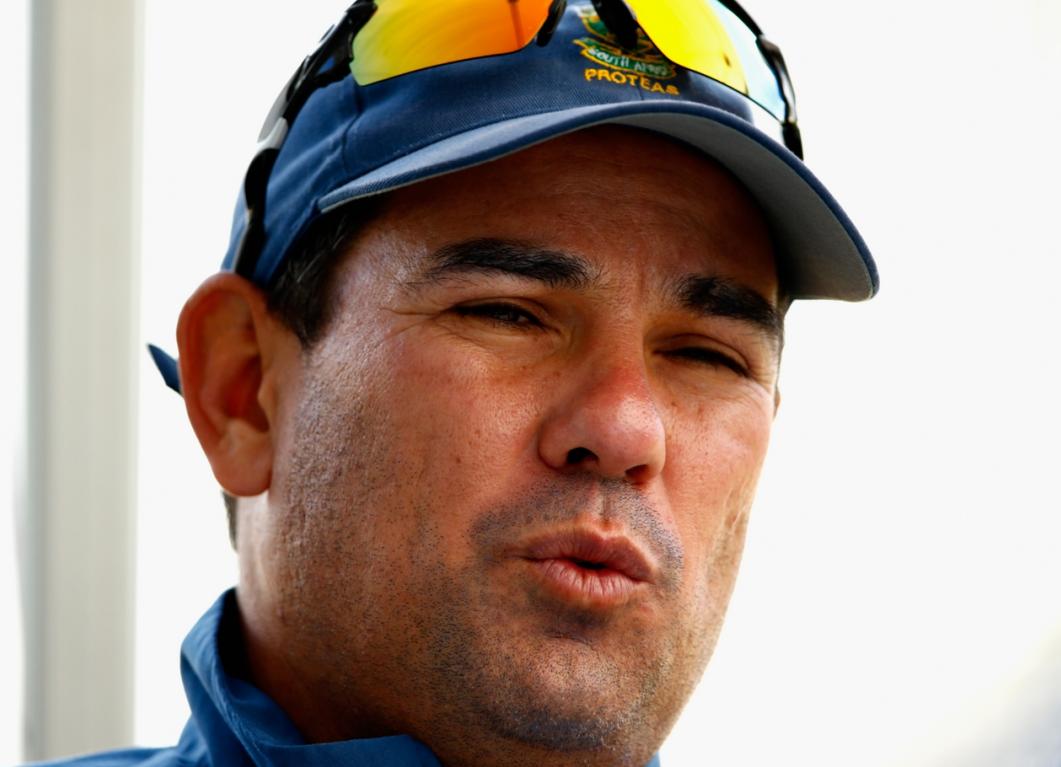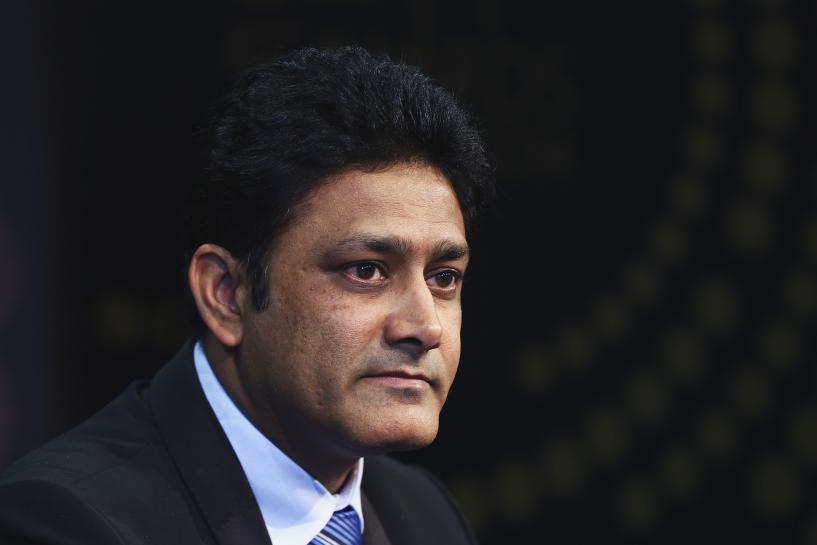Bangladesh coach Domingo bats for mental fitness and open communication on the topic

Metal health is an issue which has been openly discussed in recent times among the cricketing circles. However, in certain parts of the world, the problem is still considered taboo, and not spoken about with freedom. Former Bangladesh skipper Mashrafe Mortaza had come out and spoken about the stigma surrounding mental health. Bangladesh coach Russell Domingo has now expressed his willingness to allow players to express themselves about such matters.
A few days ago, Mortaza had said “Mental health is not as important to us here. Our social reality is different. We don't have the opportunity here to talk about depression as Marcus Trescothick or Glenn Maxwell can," Mortaza said. "If someone says he's not feeling good then we may assume he is scared or making an excuse. Many people even do not feel that way. Those who do, do not express or feel the need to do so," he added.
Domingo acknowledged Mortaza’s comments, saying "Regarding mental fatigue I think it's something players need to be honest and open about," Domingo said. "Not all players will be comfortable to talk about those aspects, but we want to create an environment where in our team, our players can openly talk about how they are feeling and whether they need a break, and whether it's mental or physical, we have got to respect that because it's an important aspect to the game," he said.
Further elaborating on the issue of mental fatigue, Ali Khan, a Canadian Sport psychologist who has also worked with Bangladesh cricket team on two occasions, said "If this [mental fatigue] experience is prolonged for a while a player experiences exhaustion, lack of motivation, boredom, difficulty concentrating, etc. Which are the common signs of mental fatigue," Ali said. "It not only affects our brain, due to the immense amount of stress hormone in our blood, the body also becomes less efficient. As a result, the player's productivity and performance declines and [he/she] losses the drive to practice or perform," he said.
On how to deal with such an issue, Ali further added, "Taking a break is the most common and effective way to heal mental fatigue. By which the brain and body get time to heal by itself. Little extra sleep, nutritious food, and healthy recreational activities effectively help to change the biochemistry of our brain and body and regain mental and physical energy," he said.
"However, A player can take a break but still may continue the stress-related thought in his head. In this situation, the player might remain exhausted and continue to multiply the mental fatigue condition. On the other hand, often due to the ongoing competitive season or important tournament they might not be able to take a break. In both situations, proper psychological intervention (Therapy) can be an effective method to bring the player in the right mental status," he further explained.
Despite rising awareness on the need for mental fitness, there are still some areas in which the implementation of mental health routines are lacking, reckons Ali. "In our country gradually we have started to realize the importance of mental aspects of the game, but yet we are not scheduling the Psychological Skill Training (PST) in our daily routine. Sometimes, our players are taking it seriously when they are badly paying the price. It is a reactive and costly solution. Plenty of talents are draining out due to the lack of mental fitness," he said.
"Since Bangladesh cricket is competing against the world's top nations, we have to be proactive in developing mental fitness so that we can remain steady in the various pressurised condition and able to reduce the performance fluctuation," Russell added.
[With CricBuzz inputs]























